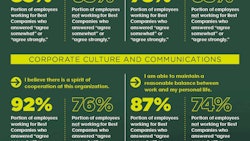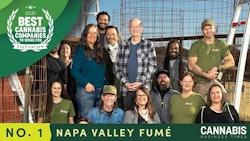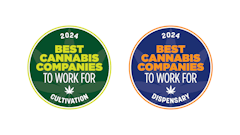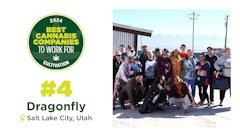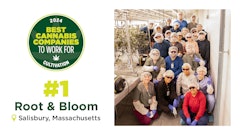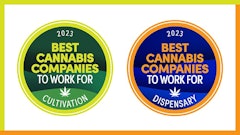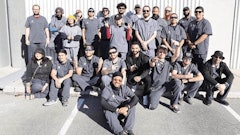We all spend a lot of time at work, often far more time than we spend with our families and friends. That means you are with your colleagues a lot, and it makes sense that people often see their workplaces as second homes, their coworkers as family.
Some employers really take that to heart, with simple yet thoughtful approaches that go beyond benefits. Those small things go a long way, as it turns out.
Cannabis Business Times launched the Best Cannabis Companies to Work For – Cultivation program last year in partnership with third-party research firm Best Companies Group to recognize the cannabis companies that exceed industry standards in demonstrating what it means to be an effective and supportive workplace. We ask employees to weigh in and rate their workplaces via survey in areas such as leadership and pay, but we also include questions asking if employees feel valued and appreciated. We are thrilled to present you the 2021 winners in this issue, selected primarily by their teams, with detailed profiles about how leaders create inspiring company cultures and how the companies are selected.
Leaders from each company noted the unexpected ways they support their teams.
One of the leaders at No.1-ranking Napa Valley Fumé has made homemade soup when employees are sick. Before COVID-19, team get-togethers were a common occurrence for the California cultivator, and as illustrated in the article, executives let their guards down so that employees feel comfortable being themselves, too.
Team members at Nevada’s The Grove, which also ranked on last year’s Best Cannabis Companies to Work For list, don’t wear earbuds while cultivating—they listen to music together. They have a system for how they select the day’s tunes, which is detailed in this year's profile of the company.
Dragonfly Wellness, No. 3 on this year's list, offers extensive training for their teams and is in the process of creating a “university” for employees, which is the backbone of their company culture.
When it was warm enough to social distance outside, ARL Healthcare’s edibles production team grilled hot dogs and burgers for the whole facility, while others brought in platters of side dishes, a Friday ritual that “drops walls” between departments, according to the Massachusetts company’s executive team. Otherwise, the company culture there is brass tacks and results-driven—executives explain why that works.
A “no jerks policy” at Oklahoma City’s Stability Cannabis has important implications for the company culture, which you can read about here.
Each company that is represented on the 2021 Best Cannabis Company to Work For list approaches its culture and team-building in very different ways, but leaders at all of the companies take time to consider what will make their employees happy at work. As CEO of Napa Valley Fumé Eric Sklar notes in the cover story, “In the end, it’s mostly altruistic because we care about our team members so much. But it’s actually good for the company, too.”
For more information on how your company can participate in 2022, visit: bestcompaniescannabis.com.









